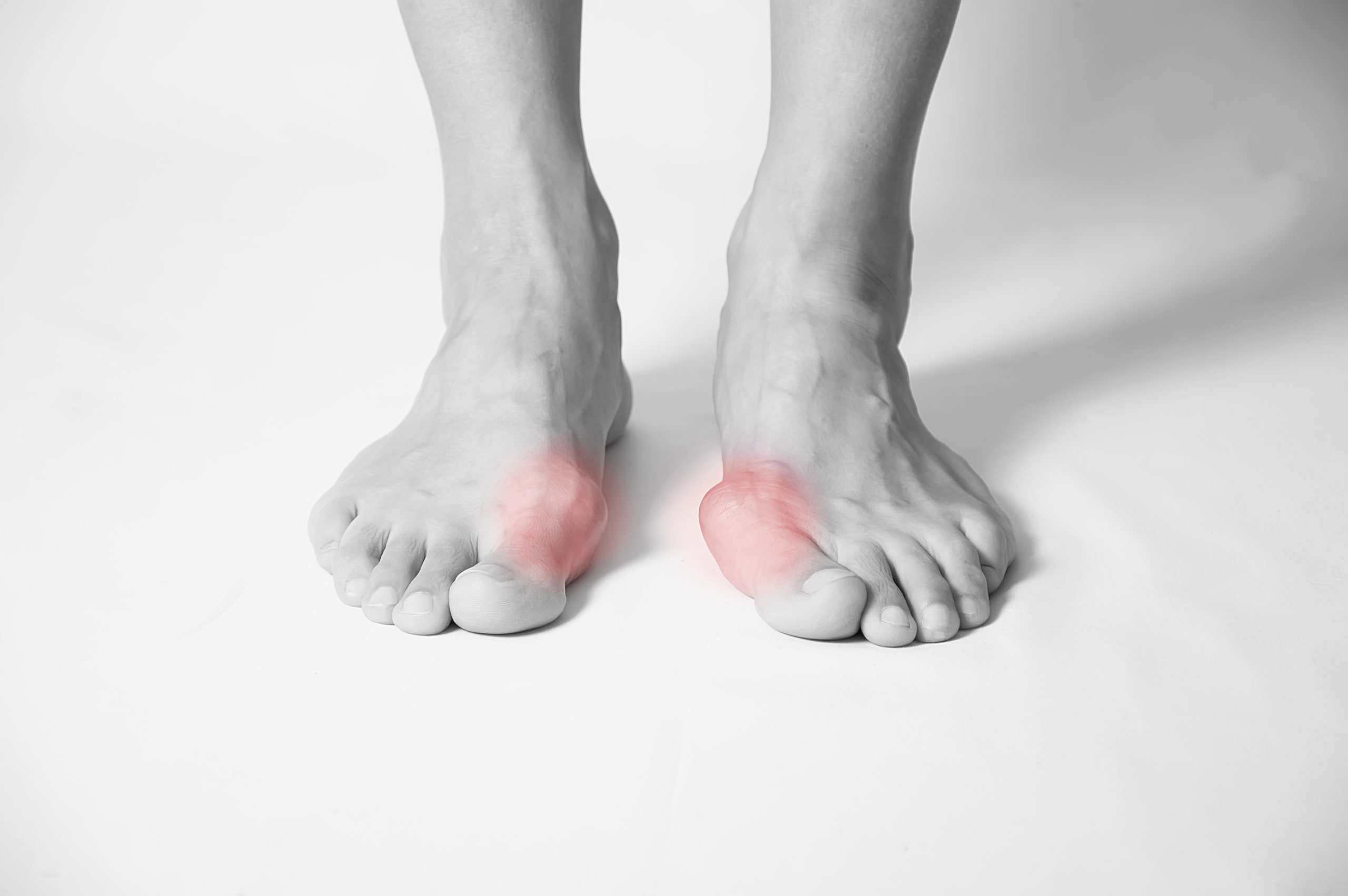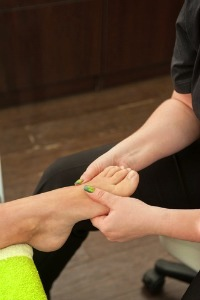1. Use the right form
Some runners will use incorrect form and unnatural posture as a result of watching and mimicking the way other people run. However, the best way to run is to assume a natural position by looking ahead at all times, and keeping your upper body and shoulders relaxed. When you land, make sure you’re landing mid-foot, and focus on maintaining a short stride length. Avoid leaning forward, which could lead to neck, hip, and back pain.
2. Don’t push yourself too hard
Pushing yourself too much and too hard before your body is ready can lead to overuse injuries such as stress fractures, sprains, and shin splints. If you had a great day on the track and ran faster and longer than you usually do, take the next day off to allow your body to fully recover. Or, switch up your running routine the following day by doing interval training, or a slow jog — just make sure your routine is opposite from what you did yesterday and offsets the hard work you put in.
3. Stop doing static stretching before running
Static stretching should be performed after, and not before your workout. Deep lunges and hand-to-toe hamstring pulls can wear out your muscles before they’ve even been challenged during your run. Instead of doing deep stretches before your run, warm up by walking for up to five minutes, then gradually increase your speed.
4. Gradually increase speed over time
Every runner has their own set of running goals, but if you’re running for speed, you may want to take a different approach to your training regimen. Unless you’re training for a major marathon, it’s important that you work your way to a faster pace gradually to prevent excess breakdown of your tendons, ligaments, and muscles. Working your way up gradually will allow your body to recover more efficiently between runs.
5. Stop doing much too quickly in the beginning
Many beginners will suffer from running injuries as a result of piling on the miles throughout the first several weeks. When your body is new to running and exercise in general, you may feel excessively fresh and ready to conquer your running goals. But a few weeks into your running routine, your body will start to break down, and require longer periods of quality recovery time. If you do too much too quickly in the beginning, you can increase your risk for fatigue, shin splints, knee injuries, and more. If possible, gradually add running to your current exercise routine to safely condition your body.
Do you suspect that your running performance is being hindered due to one or more running injuries? Call Kansas City Foot Specialists to schedule an evaluation at (913) 338-4440 so we can determine the cause of your injury and get you back on your feet.


